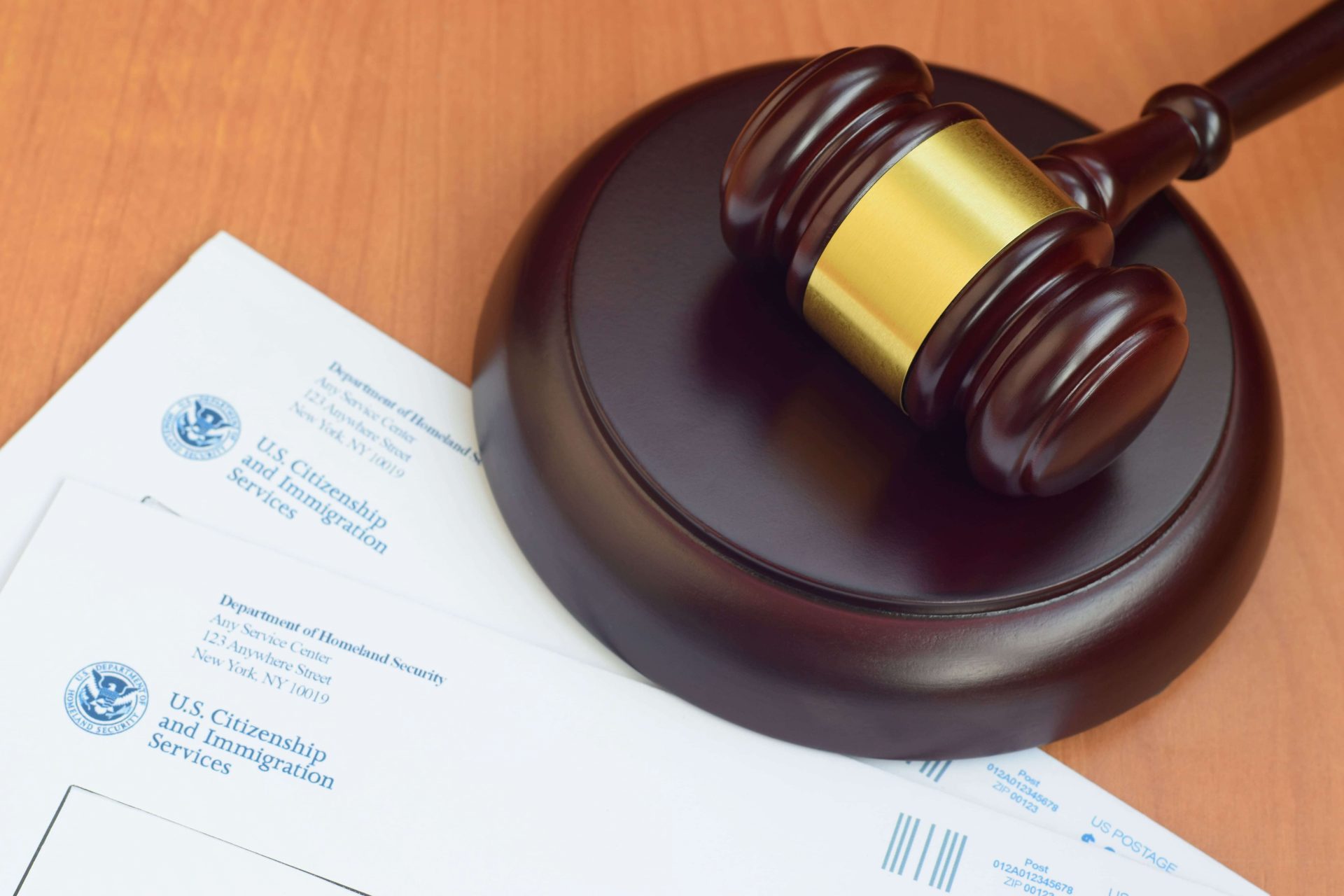Applying for Asylum in the U.S.: A Comprehensive Guide
Applying for asylum in the United States is a complex process that demands utmost accuracy, thorough preparation, and a clear understanding of legal requirements. The journey to secure protection under U.S. asylum law begins with filing the appropriate forms within strict deadlines, properly documenting claims, and often requires legal guidance to navigate the procedural and evidentiary challenges. This article serves as an extensive resource to help applicants, advocates, and interested parties understand the crucial steps, legal considerations, and best practices essential in applying for asylum effectively as of 2025.
Understanding Asylum in the United States
Asylum is a form of protection granted to individuals who have fled their home countries due to persecution or a well-founded fear of persecution based on race, religion, nationality, membership in a particular social group, or political opinion. The U.S. asylum system offers a refuge to people who meet these criteria and provides a pathway for legal residence and eventually citizenship.
To apply for asylum, one typically files Form I-589, Application for Asylum and for Withholding of Removal, with the United States Citizenship and Immigration Services (USCIS). The application must be submitted timely and meet all required evidentiary standards to maximize the likelihood of success.
Timeliness: Filing the Form I-589 Within One Year
One of the most critical requirements for asylum applicants is filing Form I-589 within one year of arrival in the United States. This requirement is strictly enforced, and failure to file within this time frame can jeopardize the application unless the applicant qualifies for one of the exceptions allowed by law.
Exceptions to the one-year filing deadline may include:
- Changed circumstances materially affecting eligibility for asylum,
- Extraordinary circumstances preventing timely filing such as serious illness, legal disability, or ineffective assistance of counsel.
Applicants must clearly document these exceptions in their application to ensure that their late filing can be considered.
Gathering Evidence of Persecution
A pivotal component of the asylum application process is the submission of credible and compelling evidence that supports the applicant’s claim of persecution or well-founded fear thereof. This evidence serves to establish the applicant's eligibility under U.S. asylum laws and regulations.
The types of evidence that strengthen an asylum claim include:
- Personal statements and testimony detailing the persecution experienced or feared.
- Official documents such as police reports, medical records documenting injuries, court records, or government correspondence.
- Country condition reports from credible sources like the U.S. Department of State, United Nations agencies, and reputable human rights organizations that corroborate the risks faced.
- Witness statements from family members, friends, or experts familiar with the circumstances.
- Photographs, videos, or news articles that validate claims of persecution or hostile environments.
Documentation must be carefully organized and presented to clearly convey the risk and specific targeting of the applicant.
Importance of Certified Translations
Since most asylum applicants come from non-English-speaking countries, evidence and documents in foreign languages must be accompanied by certified English translations. USCIS requires that all submitted translations be accurate and certified by a competent translator who attests to the accuracy of the translation.
Failing to provide certified translations can result in the rejection of evidence or delays during the adjudication process. Therefore, applicants should always use professional translation services and retain copies of translation certifications.
Keeping Complete Copies of All Submissions
It is critical for asylum applicants to maintain full and organized copies of every document they submit to USCIS. This includes the original Form I-589, supporting evidence, cover letters, translation certifications, and any additional correspondence.
Having a complete record allows applicants to:
- Verify what was submitted in case of Requests for Evidence (RFEs) or Notices of Intent to Deny (NOIDs),
- Prepare effectively for interviews and hearings,
- Consult with legal counsel to monitor case progress and identify any procedural errors.
Common Mistakes That Can Harm Your Case
Without careful attention to detail, applicants risk making errors that can delay their asylum cases or lead to negative outcomes. Some of the most common mistakes include:
- Missing the one-year application deadline without qualifying for an exception.
- Submitting incomplete or inconsistent information on Form I-589 and supporting documents.
- Failing to include proper certified translations of foreign-language evidence.
- Neglecting to keep copies and records of submitted materials, which complicates responding to RFEs or USCIS inquiries.
- Providing vague or unsupported claims without concrete evidence or detailed personal statements.
Minimizing these mistakes significantly increases the chances of a successful asylum application.
Why Legal Guidance Matters
Navigating the U.S. asylum system can be challenging due to its intricate procedures, evidentiary requirements, and sometimes-changing policies. Legal advice from experienced immigration attorneys or accredited representatives can make a substantive difference in how an application is prepared and presented.
Qualified legal professionals help applicants by:
- Ensuring timely and accurate filing of Form I-589,
- Advising on eligibility and potential exceptions to the one-year rule,
- Assisting in gathering and organizing evidence effectively,
- Preparing clients for interviews and presenting applications clearly,
- Responding adequately to RFEs to avoid case denials.
Seeking legal counsel is strongly recommended to protect your rights and improve your chances in the asylum process.
How to Get Proper Legal Help
If you need professional and trustworthy assistance with your asylum application, reaching out to qualified immigration law firms or nonprofit organizations specializing in refugee and asylum law is advisable. Legal representatives with a solid track record can offer consultations, guide document preparation, and represent applicants throughout proceedings.
Contacting legal help can be done through various channels:
- Official websites and contact forms provided by immigration law firms,
- Direct messages via social media platforms or private messaging services,
- Phone consultations arranged through legal service providers.
Ensure that your legal adviser is accredited and authorized to provide immigration advice and representation.
Additional Tips for a Strong Asylum Application in 2025
The landscape of immigration law and asylum policies may evolve, so staying informed about relevant updates and policy changes is important. Consider the following tips to enhance your application in 2025:
- Regularly review updates published by the USCIS and Department of Homeland Security regarding asylum procedures.
- Attend workshops, webinars, or community legal clinics offering guidance on asylum law.
- Maintain detailed records of all interactions related to your asylum case, including interviews and communications with authorities.
- If detained, request prompt access to legal counsel and fully exercise your rights during custody.
- Be truthful and thorough in all statements to USCIS officers and immigration judges to build credibility.
Summary Checklist for Applying for Asylum
- File Form I-589 within one year of arrival unless qualified for exceptions.
- Gather and organize strong evidence, including personal statements, official documents, and country conditions.
- Use certified English translations for all non-English documents.
- Keep complete copies of all filed documents and correspondence.
- Avoid common mistakes by carefully reviewing your application and evidence.
- Consult qualified legal professionals to assist with your asylum case.
- Stay informed about current legal procedures and policy updates in 2025.
Applying for asylum in the U.S. is a demanding and detailed process that requires careful preparation and attention to legal requirements. Meeting the one-year filing deadline, submitting robust evidence, ensuring accurate translations, and seeking competent legal guidance are fundamental pillars for a successful application. It is essential that asylum seekers approach this process with diligence and organized documentation to protect their rights effectively. If you need proper legal help, do not hesitate to reach out to qualified professionals through official communications or private messages to navigate this challenging journey successfully.
Legal Marketplace CONSULTANT is a company specializing in comprehensive legal services for individuals seeking asylum in the United States. Our expert team includes immigration attorneys, accredited representatives, and legal consultants dedicated to providing accurate, timely, and effective legal assistance tailored to your needs.
We provide certified translation services to ensure all non-English documents meet USCIS standards, helping eliminate common translation errors that could negatively impact your asylum application.
Our support team is available to guide you through the entire asylum process, from initial filing to interview preparation, ensuring that you have the resources and legal backing necessary to advance your case.































